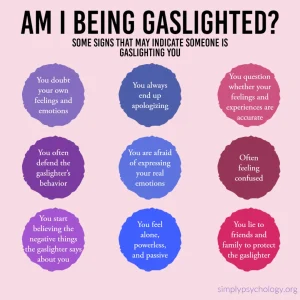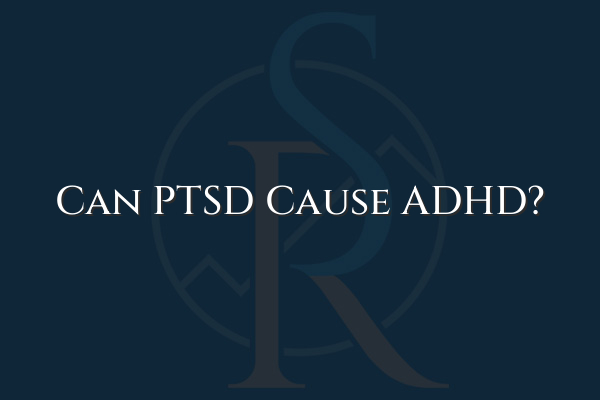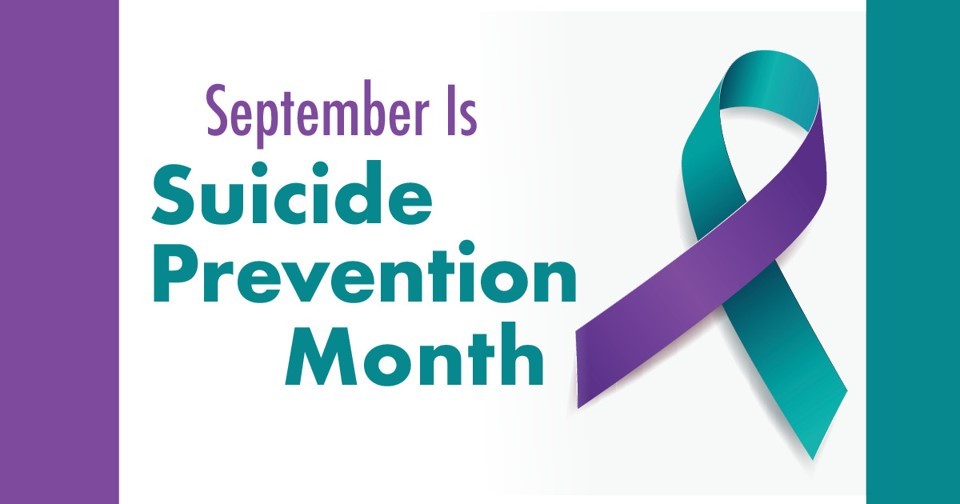Understanding Gaslighting and Its Impact on Mental Health
Gaslighting is a form of psychological manipulation where a person or group seeks to make someone doubt their own perceptions, memories, or reality. This term, derived from the 1944 film “Gaslight,” where a husband manipulates his wife into questioning her sanity, has become a widely recognized concept in discussions of emotional abuse and manipulation. Gaslighting can occur in various relationships, including romantic partnerships, friendships, family dynamics, and workplace settings.
Definition and Mechanisms of Gaslighting
Gaslighting involves a series of manipulative tactics aimed at undermining the victim’s sense of reality. These tactics include denying facts, minimizing the victim’s feelings, and presenting false information as truth (Stark, 2018). The ultimate goal is to destabilize the victim’s perception of reality, thereby gaining control and power over them. Gaslighters often use subtle and gradual methods to erode the victim’s confidence in their own thoughts and feelings.
Impact on Mental Health
- Erosion of Self-Esteem and Self-Confidence: Individuals who experience gaslighting often struggle with self-doubt and diminished self-esteem. They may begin to question their own judgments and feel incapable of making decisions (Lazarus, 2008). The constant undermining of their perception can lead to a significant erosion of self-confidence, making it difficult for them to trust their own instincts.
- Increased Anxiety and Depression: The psychological stress caused by gaslighting can lead to symptoms of anxiety and depression. Research indicates that prolonged exposure to manipulative behaviors like gaslighting can result in emotional distress, anxiety, and depressive symptoms (Dutton & Goodman, 2005). Victims often experience chronic stress due to the constant conflict between their perceptions and the gaslighter’s assertions, contributing to mental health issues.
- Cognitive Dissonance and Confusion: Gaslighting creates a state of cognitive dissonance, where victims hold conflicting beliefs about their own reality. This internal conflict can result in confusion, disorientation, and difficulty concentrating. The victim’s mind is preoccupied with reconciling their own experiences with the distorted reality imposed by the gaslighter (Briere & Scott, 2015).
- Post-Traumatic Stress Symptoms: Victims of gaslighting may develop symptoms similar to those seen in post-traumatic stress disorder (PTSD). These symptoms include intrusive memories, hypervigilance, and emotional numbing. The psychological abuse inflicted through gaslighting can lead to a lasting trauma, affecting the victim’s mental health and well-being long after the abusive relationship ends (Goodman et al., 2009).
Long-Term Consequences
The long-term effects of gaslighting can be profound and enduring. Victims often require therapeutic intervention to address the damage to their self-esteem and mental health. Therapy may involve cognitive-behavioral techniques to help individuals rebuild their sense of reality and self-worth. Support groups and counseling can also provide victims with validation and help them develop healthier relationships (Johnson & Leff, 2018).
Conclusion
Gaslighting is a manipulative tactic that significantly impacts mental health, leading to diminished self-esteem, increased anxiety and depression, cognitive confusion, and symptoms of PTSD. Recognizing the signs of gaslighting and understanding its psychological effects are crucial for addressing and healing from its impact. Therapeutic interventions can play a vital role in helping victims reclaim their sense of self and mental well-being.
References
- Briere, J., & Scott, C. (2015). Principles of trauma therapy: A guide to symptoms, evaluation, and treatment. Sage Publications.
- Dutton, D. G., & Goodman, L. A. (2005). Coercion in intimate partner violence: Toward a new conceptualization. Sex Roles, 52(11-12), 743-755.
- Goodman, L. A., Epstein, D., Sullivan, C. M., & Green, B. L. (2009). When crises collide: How intimate partner violence and poverty intersect to shape women’s mental health and coping. Traumatology, 15(4), 122-132.
- Johnson, M. P., & Leff, C. S. (2018). The role of gaslighting in intimate partner violence: Review and implications. Journal of Family Violence, 33(6), 457-467.
- Lazarus, R. S. (2008). Emotion and adaptation. Oxford University Press.
- Stark, E. (2018). Coercive control: How men entrap women in personal life. Oxford University Press.



